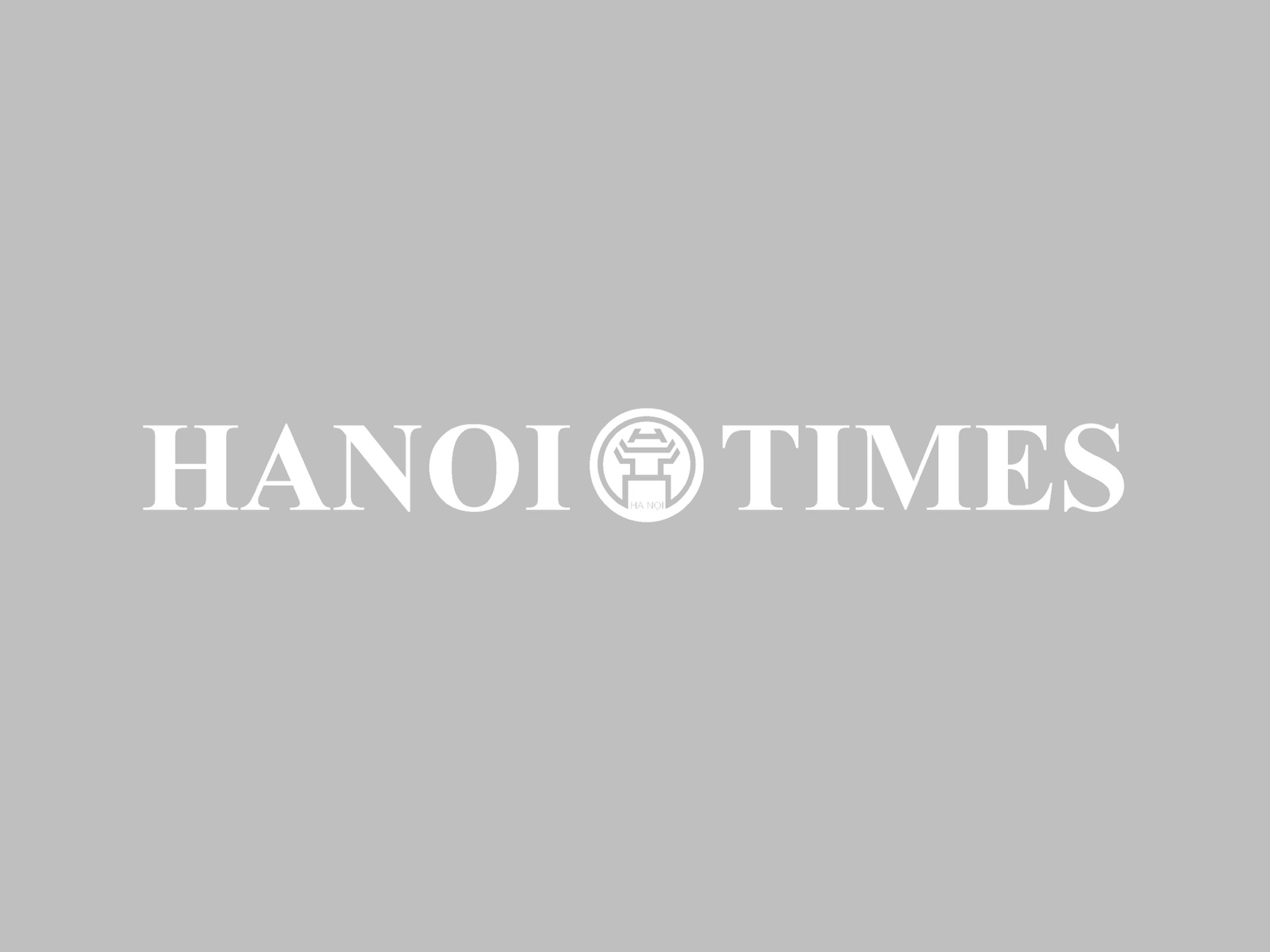Business
Vietnamese banks hurry to implement Basel II in 2019
Jun 14, 2019 / 04:59 PM
As of present, eight out of 17 banks subject to Basel II implementation have met the target.
A bunch of Vietnamese banks are in the race to meet the requirements on capital adequacy ratio (CAR) following Basel II standards right in 2019, one year earlier than the deadline for implementation on January 1, 2020.
The State Bank of Vietnam (SBV) in 2016 selected 10 banks to pilot Basel II standards and set the deadline of 2020 for these banks to meet it.
These include Joint Stock Commercial Bank for Foreign Trade of Vietnam (Vietcombank), Bank for Investment and Development of Vietnam (BIDV), Joint Stock Commercial Bank for Foreign Trade of Vietnam (VietinBank), Saigon Thuong Tin Commerical Joint Stock Bank (Sacombank), Military Bank (MB Bank), Vietnam Technological and Commercial Joint Stock Bank (Techcombank), Asia Commercial Bank (ACB), Vietnam International Bank (VIB), Maritime Bank (MSB), and Vietnam Prosperity Bank (VPBank).
By applying the Basel II standards with stricter requirements compared to Vietnamese standards, the current CAR of Vietnamese banks could reduce by 1.5 – 3 percentage points.
This would mean that a current CAR of 10 – 11% will be revised to around 8%, a minimum requirement for Basel II.
As of November 2018, Vietcombank and VIB were the first two banks qualified for Basel II standards, while the SBV said banks meeting the Basel II before the deadline would be able to expand its current credit growth limit and network.
Following the announcement, an additional of seven banks have been confirmed by the SBV to qualify for Basel II standards in early 2019, including Orient Commercial Bank (OCB) and Tien Phong Bank (TPBank).
In April, another three banks were added to the list, namely ACB, VPBank and MB Bank; Techcombank is scheduled for Basel II qualification in July 1.
As of present, eight out of 17 banks subject to Basel II implementation have met the target.
Among state-run commercial banks, BIDV and VietinBank are under pressure to increase their charter capital, as both have CAR under 10%.
In case of VietinBank, the Vietnamese lender has reached its maximum cap on foreign ownership. Meanwhile, BIDV has not been able to conclude its stake sale to KEB Hana Bank, a subsidiary of South Korea’s Hana Financial Group, since news about the deal emerged last November.
The circumstance surrounding Vietnam’s two major banks is expected to potentially derail SBV’s plan in implementing the Basel II standards. This could lead to the SBV making an exception for a number of banks with extended deadline for the implementation of the new standards, subject to the approval of SBV’s governor on a case-by-case basis.
Fitch Ratings previously said the Vietnamese banking system could face a capital shortfall of almost US$20 billion (9% of GDP) to meet Basel II implementation and to increase allowance coverage to a level that reflects underlying asset-quality problems
Basel II is an international business standard, which are recommendations on banking laws and regulations issued by the Basel Committee on Banking Supervision, requiring financial institutions to maintain enough cash reserves to cover risks incurred by operations.

Illustrative photo.
|
These include Joint Stock Commercial Bank for Foreign Trade of Vietnam (Vietcombank), Bank for Investment and Development of Vietnam (BIDV), Joint Stock Commercial Bank for Foreign Trade of Vietnam (VietinBank), Saigon Thuong Tin Commerical Joint Stock Bank (Sacombank), Military Bank (MB Bank), Vietnam Technological and Commercial Joint Stock Bank (Techcombank), Asia Commercial Bank (ACB), Vietnam International Bank (VIB), Maritime Bank (MSB), and Vietnam Prosperity Bank (VPBank).
By applying the Basel II standards with stricter requirements compared to Vietnamese standards, the current CAR of Vietnamese banks could reduce by 1.5 – 3 percentage points.
This would mean that a current CAR of 10 – 11% will be revised to around 8%, a minimum requirement for Basel II.
As of November 2018, Vietcombank and VIB were the first two banks qualified for Basel II standards, while the SBV said banks meeting the Basel II before the deadline would be able to expand its current credit growth limit and network.
Following the announcement, an additional of seven banks have been confirmed by the SBV to qualify for Basel II standards in early 2019, including Orient Commercial Bank (OCB) and Tien Phong Bank (TPBank).
In April, another three banks were added to the list, namely ACB, VPBank and MB Bank; Techcombank is scheduled for Basel II qualification in July 1.
As of present, eight out of 17 banks subject to Basel II implementation have met the target.
Among state-run commercial banks, BIDV and VietinBank are under pressure to increase their charter capital, as both have CAR under 10%.
In case of VietinBank, the Vietnamese lender has reached its maximum cap on foreign ownership. Meanwhile, BIDV has not been able to conclude its stake sale to KEB Hana Bank, a subsidiary of South Korea’s Hana Financial Group, since news about the deal emerged last November.
The circumstance surrounding Vietnam’s two major banks is expected to potentially derail SBV’s plan in implementing the Basel II standards. This could lead to the SBV making an exception for a number of banks with extended deadline for the implementation of the new standards, subject to the approval of SBV’s governor on a case-by-case basis.
Fitch Ratings previously said the Vietnamese banking system could face a capital shortfall of almost US$20 billion (9% of GDP) to meet Basel II implementation and to increase allowance coverage to a level that reflects underlying asset-quality problems
Basel II is an international business standard, which are recommendations on banking laws and regulations issued by the Basel Committee on Banking Supervision, requiring financial institutions to maintain enough cash reserves to cover risks incurred by operations.








